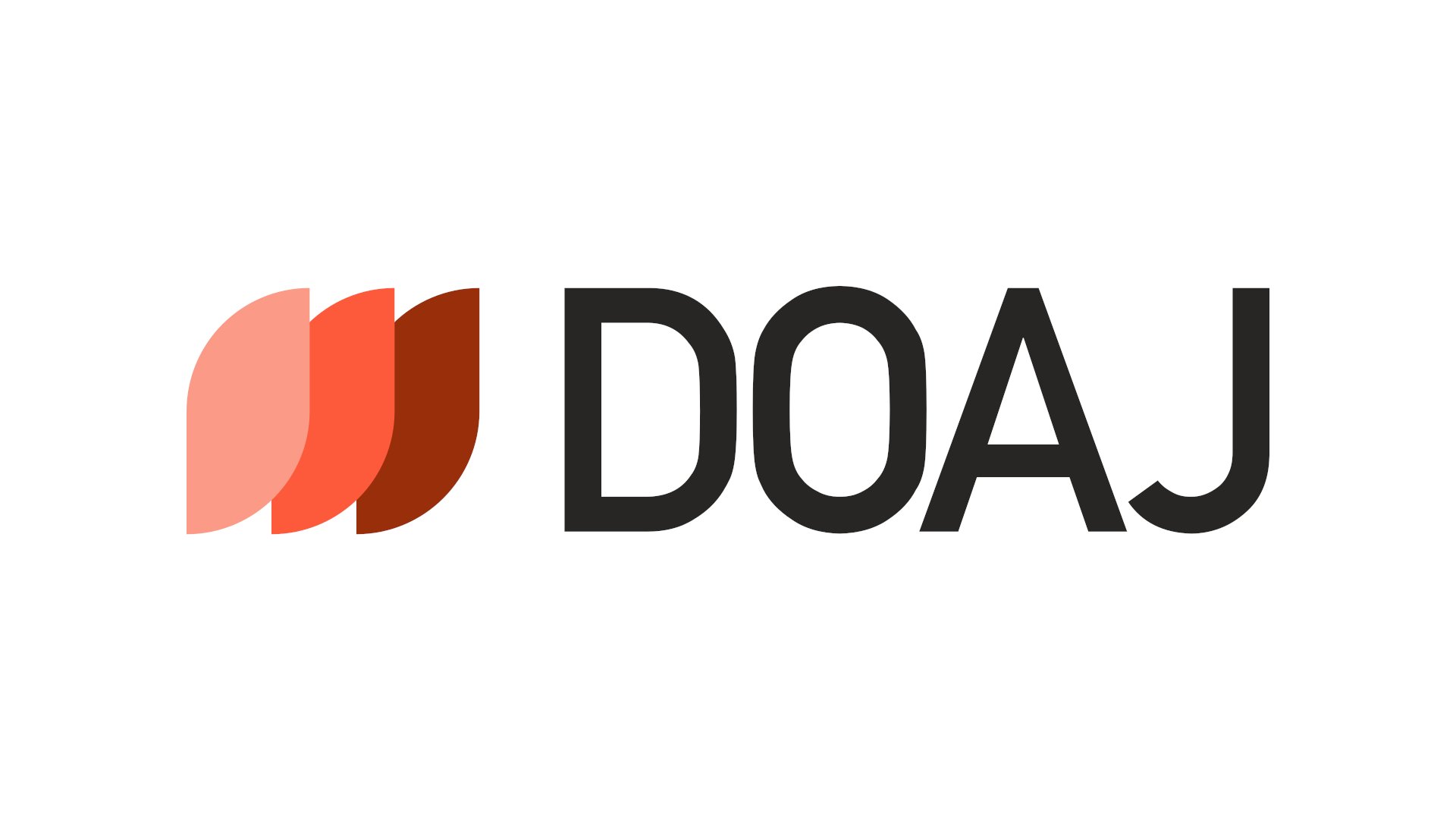Image Copyright Protection Based on Blockchain Technology Review
Keywords:
Blockchain, Image ProcessingAbstract
On a daily basis, a significant number of individuals distribute several photos and videos that have been marginally modified from the original material produced by copyright owners, such as photographers, graphic designers, and video producers. Individuals that infringe upon the rights of others, lacking the legal authority to access multimedia content, employ various digital image and picture manipulation techniques, it involves converting to gray scale, trimming, rotating, contracting the frame, and adjusting the background speed, to modify said content. Blockchain technology obviates the necessity of an intermediary, hence circumventing the possibility of a singular point of failure. Infractions to copyright poses a significant barrier to protecting commercial image and video information. The IPFS blockchain technology offers on-chain preservation for copyright information and off-chain storing for distinct multimedia files. The enhanced perceptual hashing algorithm significantly enhances the precision of identifying connections to identify digital image piracy. The photographers and designers that submit their photographs on websites are experiencing significant dissatisfaction due to a prevalent practice in which others attempt to claim credit and profit from the initial creator's effort.
Published
Issue
Section
License
Copyright (c) 2024 Daban Ali, Prof. Dr. Shavan Askar, mohammed saleem, Mina Othman, Saman M. Omer

This work is licensed under a Creative Commons Attribution-ShareAlike 4.0 International License.




